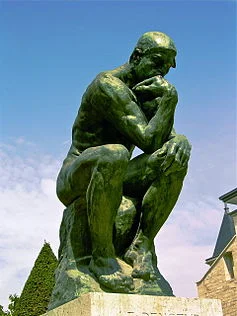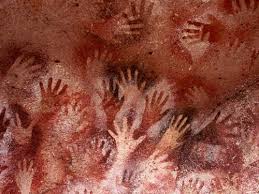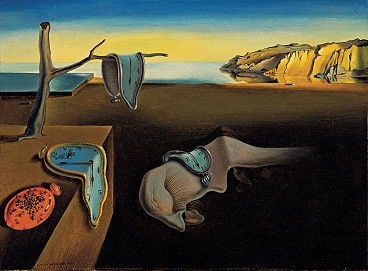The Intellectual Devotional - Anki Edition
Traveling back to Boston in February, I stumbled across what seemed like an interesting book in the discounted section at a Barnes and Nobles. It was called The Intellectual Devotional: Revive Your Mind, Complete Your Education, and Roam Confidently with the Cultured Class, and it was selling for $4.99. I picked it up (and its sister companion, The Intellectual Devotional: Modern Culture Edition).
It's a great concept, based on the devotional idea from various religions - a daily study of a very simple concept somehow related to a larger whole, broken out over 365 days. For the Abrahamic religions, it's a useful verse or story from the Torah, Bible or Quran. Playing this idea forward, the authors of the book decided to come up with 365 things that every reasonably educated (American) person should know. Each day is a separate idea / concept / name / piece of art / mathematical formula / etc.
As they make clear in the introduction, most people already vaguely know most of the information in this book, so much of the material stands as a refresher. But I found it incredibly helpful to do exactly what it promises to do - round out your education. And it spans an impressive range of topics covering the seven fields of knowledge: philosophy, mathematics and science, history, literature, music, fine arts, and religion.
It covers these topics well. I've never seen a book that so easily slides - in the name of culture no less - from Muawiyah I and the Rashidun Caliphs over to Fermat's Last Theorem over to the Tenets of Confucianism to Twelve-Tone Serialism to the Contents of Blood Platelets to Shakespeare's Sonnet 18 to Analytic Philosophy to the Epic Mahabharata to the impact of the Magna Carta to the Venus de Milo to Brown vs. The Board of Education to Martin Luther's 95 Theses to the Parthenon to the Prophet Muhammad's Wives to X-Rays to The Prisoner's Dilemma to the date of D-Day to Marie Curie to Descartes to Igor Stravinsky to Sikhism to the Appomattox Court House to the Baroque Period to the States of Matter the Rosetta Stone over to Modernism (for a very small taste). Again, we're generally aware of many of these things, but this book sharpens our knowledge of it.
Selfishly, I wanted to liberate the information contained in this book. Generally, since starting Anki usage in 2012, I've increasingly come to see books as simply chunks of information waiting to be broken into pieces and then memorized. In any event, I spent the last two weeks transforming each page into one or multiple Anki cards as appropriate. For example, the one page on the Lascaux Cave paintings was turned into several questions:
- What are the oldest known paintings?
- Where are the Lascaux Cave paintings?
- When were the Lascaux Cave paintings discovered?
Or, for the Battle of Midway:
- When was the Battle of Midway?
- What did the Battle of Midway accomplish?
Paintings and works of art are also broken into multiple cards:
- Name of Painting
- Artist's Name
- Date of Painting
Beyond helping you study languages, I can't think of a better use of Anki than for this - to memorize basic facts that are highly useful to your everyday life and serve as an excellent (if simplistic) foundation for future knowledge. Knowing things like who designed the Guggenheim Museum and why it was so innovative for the world at that time will help your confidence as well - and help you fit it in Manhattan. Being able to effortlessly identify the paintings and sculptures below (among others) and their creators helps us to get a grasp of the pillars of culture while serving as a common reference point for discussion (this point was raised recently on Alex and I's podcast with Dr. Andrew Abbott of the University of Chicago - a shrinking pool of common points familiar to everyone, which he argued are required if we're to talk to one another in any meaningful way).
And without further ado, here's the deck. Apologies for any mistakes - I've corrected a few typos since creating it, so no claims that it's perfect. Also, it's not 365 cards - I left out concepts too difficult to explain on a flashcard or that I deemed unnecessary ("What is Sound?"). All cards in the deck are tagged with "intellectualdevotional" to be easily added or separated from any more comprehensive study deck you may have.
Download The Intellectual Devotional - Anki Edition

















